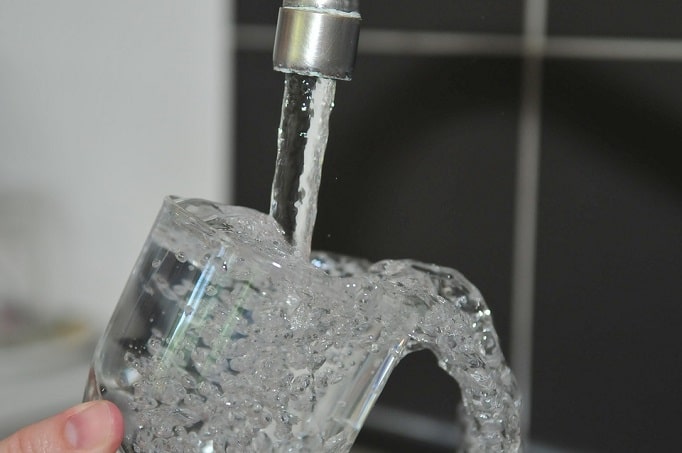A lack of quality water contributes to some of the worlds’ biggest health issues, and when clean drinking water isn’t available, it can result in a mess. When there is a lack of clean drinking water, there is usually disease close by. When water gets contaminated, it is something humans tend to ignore, but shouldn’t, as water resources must be restored and sustained as much as possible. By not looking after water resources, we are actively contributing to some of the biggest issues in the world.
Since water is a basic need and human right, it’s incomparable to think that there is a percentage of the world that doesn’t have access to water whatsoever, and even rely on contaminated water to survive.
On average, each person requires at least a third gallon of water to survive for one day. This amount of water has been added up for drinking and sanitation purposes. Depending on age, physical condition, health, and climate, this may be different from one person to another.
How to Cope with Water Scarcity
In water-scarce conditions, you must focus on drinking clean water as far as possible, and refrain from drinking contaminated water at all costs. You should also never consume drinking water unless it has been checked by authorities and cleared for consumption. Carbonated water and caffeinated beverages should additionally not be consumed in times of water scarcity.
If you are uncertain about the quality of water or live in a region where water lacks quality, you can buy bottled water and store it at your home. Should there not be any stored reliable resources available, you can boil water, consider chlorinating water by adding 1/8 tablespoon of bleach to per 1 gallon of water and allow it to stand for at least 30 minutes and use it for sanitation purposes, or use distilled water.
Get water dispensers and water machines from Living-Water in London.






